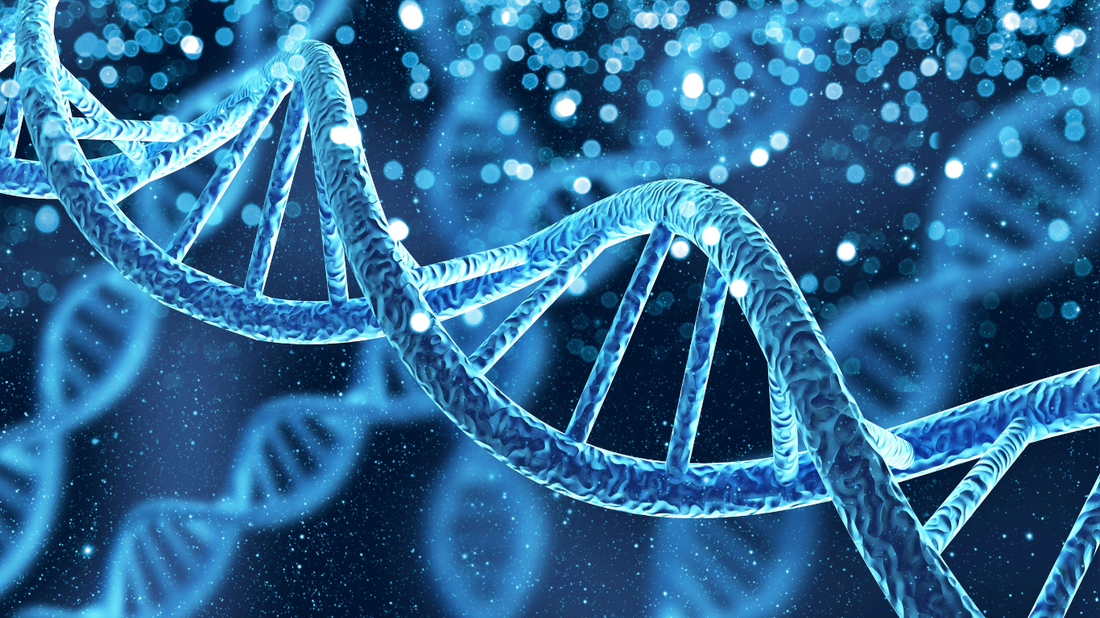In recent years, epigenetic cosmetics has gained increasing attention in the personal care field. In this article, we will explore the difference between epigenetic cosmetics and traditional cosmetics.
Traditional cosmetics are formulated to improve the external appearance of the skin and hair, but do not act on a cellular level. These products often use synthetic ingredients to temporarily improve the appearance of skin and hair. Although they can provide rapid results, they are unable to change cell biology in the long term.
On the other hand, epigenetic cosmetics are formulated to act on a cellular level. These products use natural ingredients to change the behavior of cells and improve their long-term health. Epigenetic cosmetics help stimulate the production of collagen and elastin, improving the skin's elasticity and luminosity. Plus, they can help reduce inflammation and protect your skin from damage caused by free radicals.
Another important difference between traditional cosmetics and epigenetic cosmetics is that the latter can be used on people of all ages and all skin types. Since these products act at a cellular level, they are able to adapt to the specific needs of each individual.
However, epigenetic cosmetics require constant and regular use to achieve long-lasting results, as they act on cell biology in the long term. Furthermore, they may require a greater investment than traditional cosmetics.
In conclusion, the main difference between traditional cosmetics and epigenetic cosmetics lies in their ability to act on cellular biology. Traditional cosmetics improve the outward appearance of skin and hair, while epigenetic cosmetics work at a cellular level to improve long-term health. However, both types of products can be useful in personal care, depending on each individual's specific needs.

